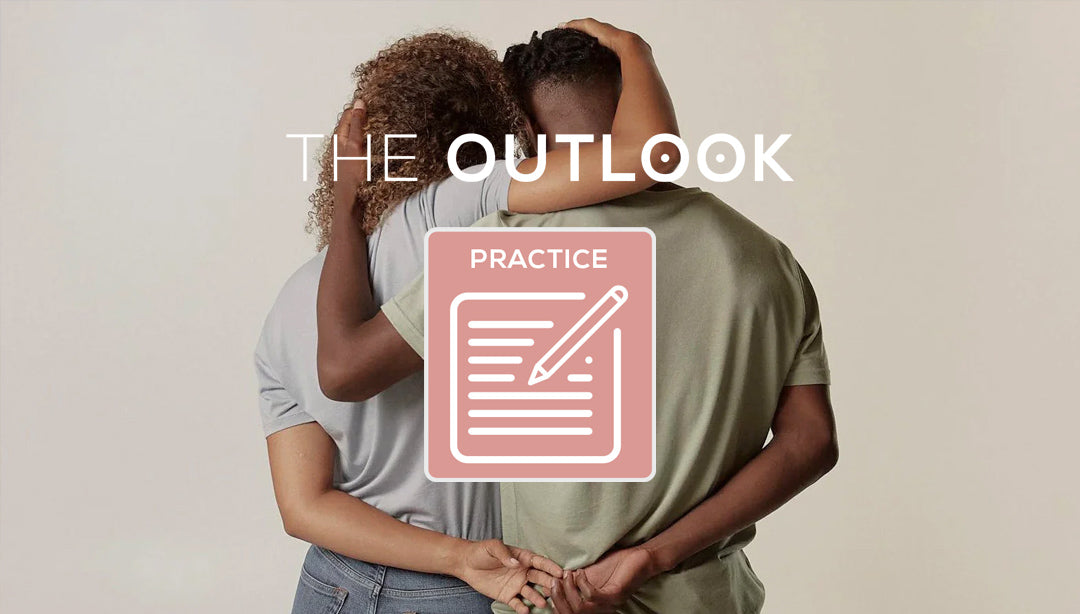
#75 PEOPLE
The hero helping people with intellectual disabilities get fit
John Watson, founder of Bloom Fitness in Houston (USA), created a programme to help athletes with intellectual disabilities to enjoy exercise and build connections

Since 2016, John Watson and his team have helped over 900 people with intellectual and developmental disabilities (IDD) grow stronger, more confident and feel part of an amazing community. Bloom is a fitness community priding itself in promoting a sense of belonging and love above all.
John was inspired by his 26-year-old daughter Emma, who has cerebral palsy. He quit his job once his daughter finished high school as he realised there aren’t many programmes supporting young adults with disabilities and he decided to find ways to help his daughter and other families in a similar situation.
Once visiting a day centre supporting the IDD population in Texas, he stumbled across a room of very old and broken gym equipment that clearly hadn't been used in a very long time. As individuals with these disabilities are more likely to have higher levels of obesity than the general population and face a much greater risk of cardiovascular disease and diabetes, John realised that there was an urgent need to help the community to stay active. He therefore partnered with the centre, bought a few bikes and that was the beginning of his great journey.
He paid attention to what people did or did not respond to and created a programme tailored to their needs, this became the ‘Bloom programme'. Its mission is to make sure that everyone in the IDD community lives a life of physical and mental wellbeing and most importantly, wants to do so. Bloom makes a real point of being a fun and engaging programme , which is clearly working as the programme has a retention rate of over 90%!
With the help of trained volunteer instructors, they provide Yoga, Pilates, cycle, strength, dance, and chair fitness classes in person across 24 locations. They’ve partnered with locations such as adult daycare centres or residential homes in Texas and North Carolina. As the pandemic put in-person classes out of the equation, they created a digital platform with live classes with an instructor and a library of on-demand videos which are still very popular now.
As most people they support are economically disadvantaged, it was really important for John to make the access to the programme completely free and accessible to anyone.
But the fun doesn’t stop at the end of the class. John has come up with the idea of “The Champions Board”, where each athlete puts a sticker next to their name at the end of each class, to record their attendance and hard work. Based on their attendance, athletes also earn gear such as water bottles or t-shirts and they regularly get recognised during celebrations. Most participants agree that the programme has helped them lose weight, feel stronger and more confident and be less lonely. Caregivers have noticed that athletes participating in the programme are significantly happier and when athletes are feeling better, it makes the lives of their caregivers easier and better as well. Thumbs up all round.
In John’s own words, “there’s really a cascade of happiness. Our instructors are happy and fulfilled leading a meaningful class, athletes are happy and having fun moving their bodies which trickles down to caregivers who are happy to see their athlete engaged and enjoying themselves while gaining health benefits too."
There’s around 200 million people with intellectual disabilities worldwide, and this number can easily be multiplied by four if you consider all caregivers such as family members, guardians and workers in IDD organisations. John’s goal is therefore to raise awareness about the community and hopefully inspire others to follow suit in his mission to keep athletes fit and happy.
Léa's takeaway
As we’ll be celebrating World’s Health Day on 7th April which, this year, promotes “health for all”, it’s so inspiring to read stories like John’s who dedicates his life to improve the health of disadvantaged communities. It’s also a great reminder of the importance of exercise to improve not only our physical health but our mental wellbeing. Exercise is a proven mood-booster, which helps reduce symptoms of depression and anxiety and improve your self-esteem.
With more sunny days coming our way, why not take this opportunity to go on a walk after work, or start a new activity to get you going and make you feel happier?

Blog Author: Léa Gorniak - Apr 3rd 2023


